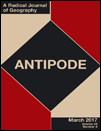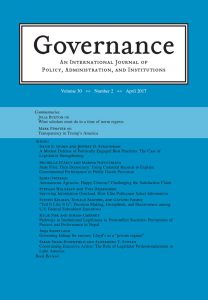Child Poverty: The Breeding Ground for ‘Feral, Parasitic Yob[s]’?
by paulabowles
The recent horrific death of Baby P, at the hands of family members, has raised many critical questions for Britain, not least the way in which we care for our children. Most recently, the Chief Executive of children’s charity Barnardo’s, Martin Narey, has expressed his shock both at the toddler’s tragic death, and the events which led up to it.
At a lecture focusing on child poverty, Mr Narey took the opportunity to make an astounding prediction that if Baby P had survived, he most likely would have grown to become ‘feral, a parasite, a yob, helping to infest our streets.’ In spite, of Martin Narey’s stated ambition that we should focus on young peoples’ needs, instead of simply criminalising them, his comments have been greeted by children’s charities with horror and consternation.
Although, Mr Narey’s intentions may have been good, linking the tragic death of a child to Barnardo’s stated aim of breaking ‘the cycle of deprivation that prevents many children achieving their full potential,’ can be seen as provocative, and a naïve attempt to shock supporters. By using inflammatory labels such as ‘feral, parasitic yob,’ it is hard to see how Martin Narey hopes to gain support for the very organisation he purports to speak for. Furthermore, by attempting to attach Barnardo’s campaign to the emotive case of Baby P, he risks alienating both those he seeks to help, and new and existing supporters.
![]() “Neighborhood Disadvantage, Social Capital, Street Context, and Youth Violence”
“Neighborhood Disadvantage, Social Capital, Street Context, and Youth Violence”





1728-4457/asset/PopulationCouncilLogo.jpg?v=1&s=03074651676b98d6b9d0ef1234bd48fe7ff937c3)
